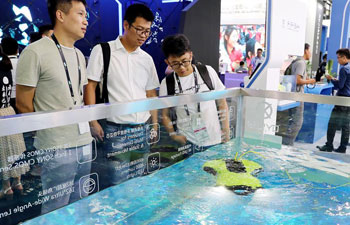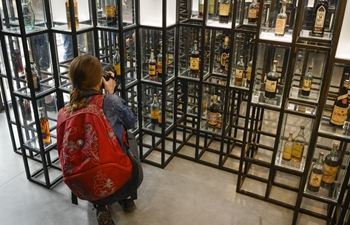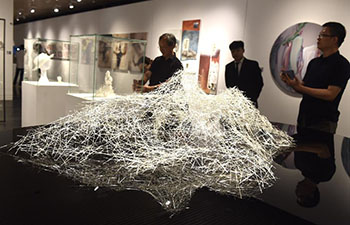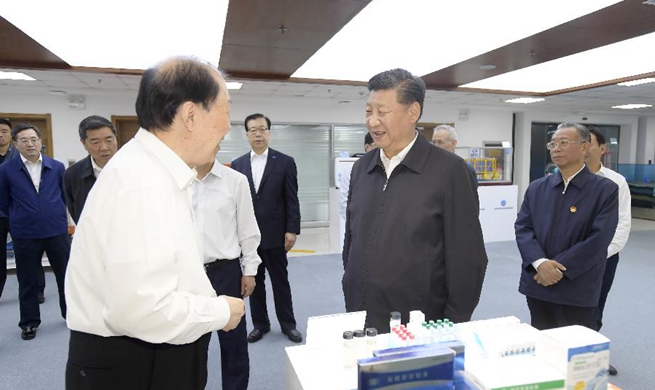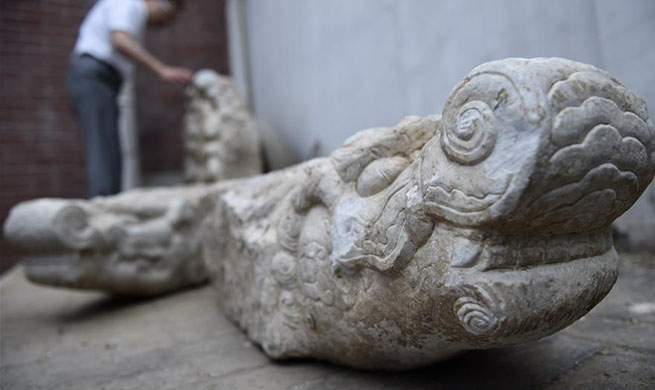CHICAGO, June 13 (Xinhua) -- Mice engineered to more quickly recycle their own cells lived longer than their non-engineered siblings, according to a study published on the website of Northwestern University (NU) on Monday.
In a previous study, NU researchers generated mice models of Alzheimer's disease with a single mutation in Beclin 1, causing high rates of autophagy in a variety of tissues, prolonging lifespan and enhancing cognitive function in the Alzheimer's disease mice.
In the current study, they generated normal mice with the Beclin 1 mutation, and found the mice also had prolonged lifespan, as well as delayed aging in the heart and kidney.
"These findings clearly demonstrate that enhancing autophagy is an effective method to promote healthier aging," said CongCong He, NU assistant professor of Cell and Molecular Biology and a co-author of the study. In fact, reinstating higher rates of autophagy may be an effective way to treat aging-related diseases.
"Age-related diseases, such as Alzheimer's disease and type 2 diabetes, reduce not only the quality of life of patients, but also the well-being of family and society. Thus, we're pursuing a way to improve both lifespan and health-span in aged populations," He said.
In the next step, the researchers will search for drugs that can induce autophagy, according to He.
The study has been published in Nature.




